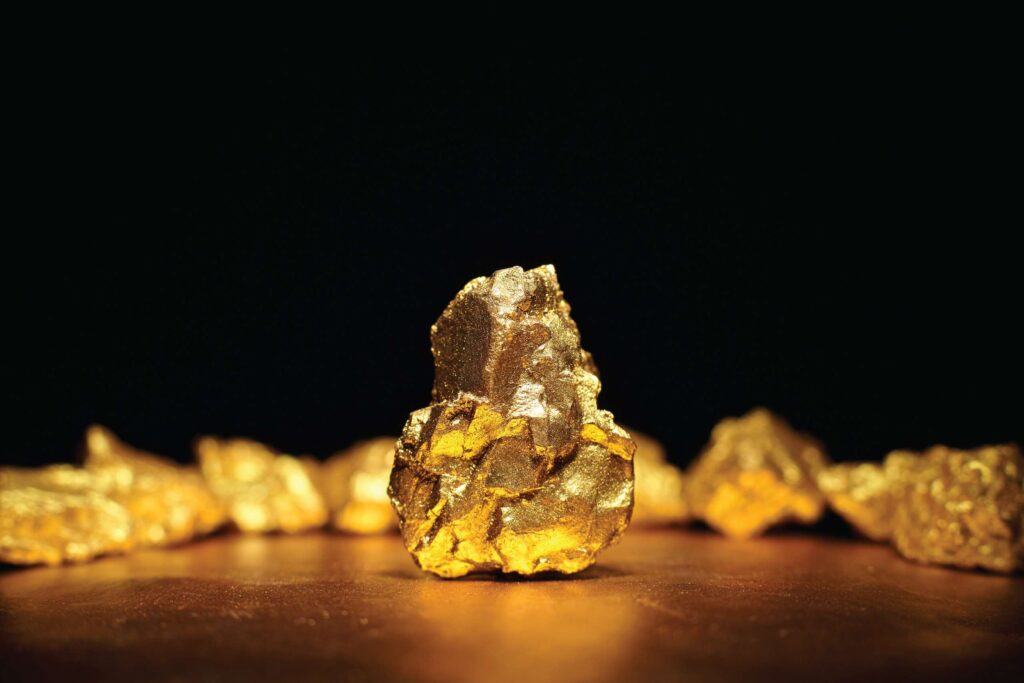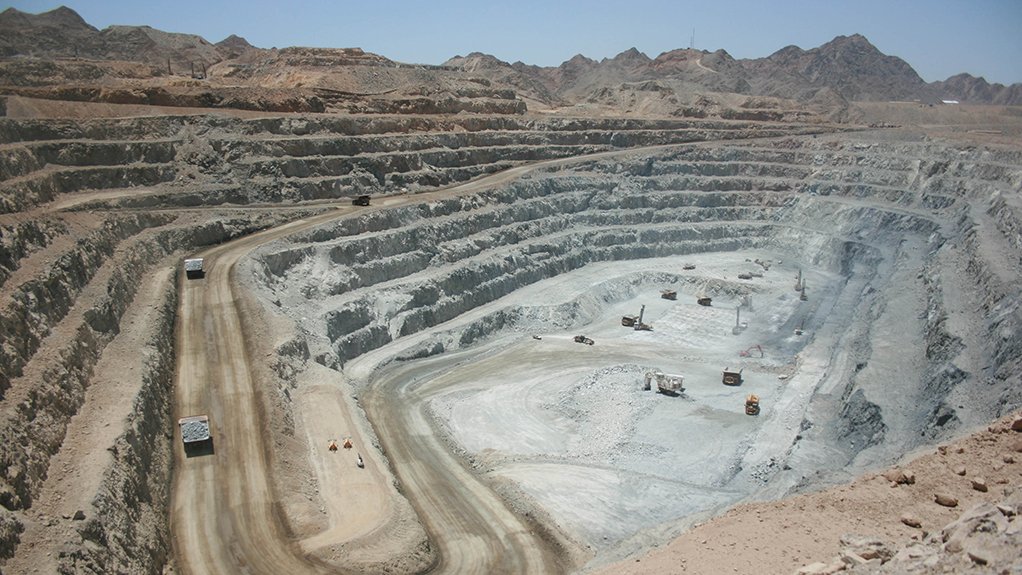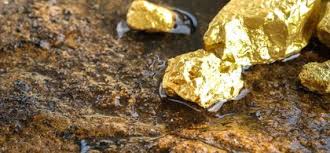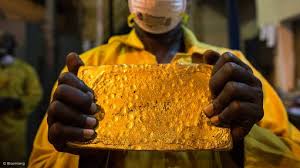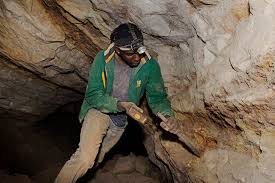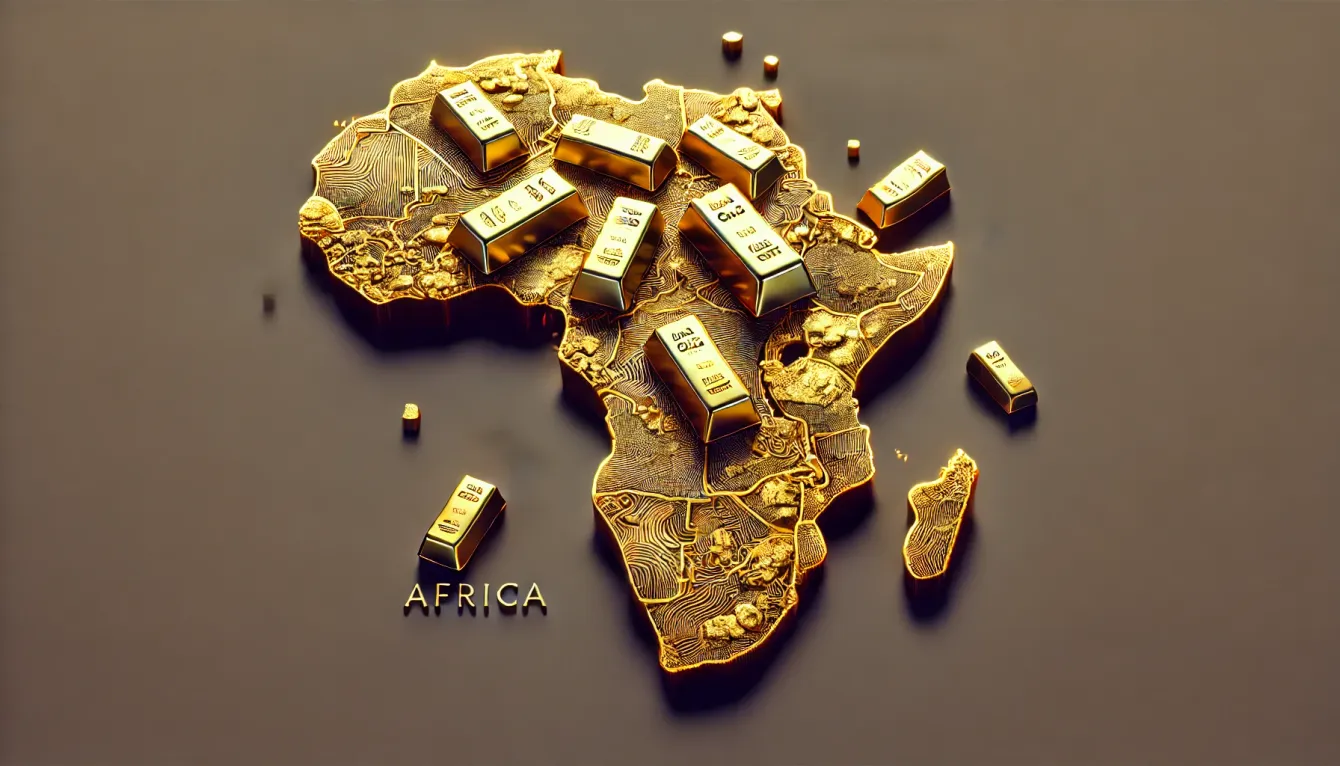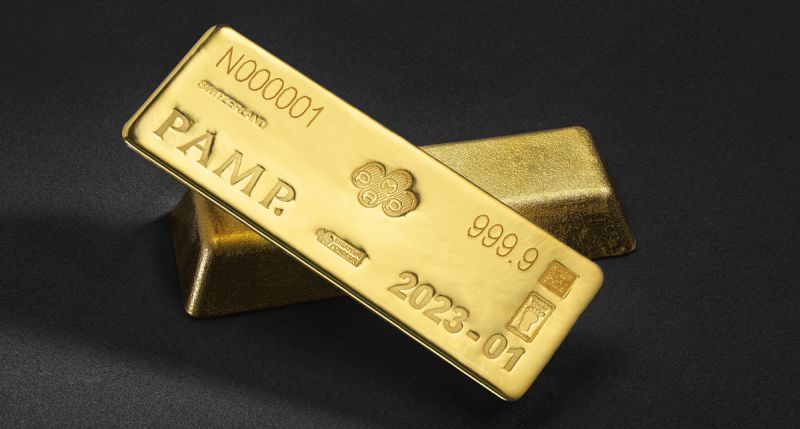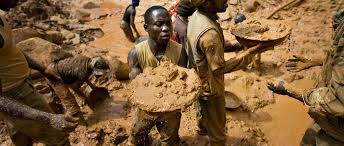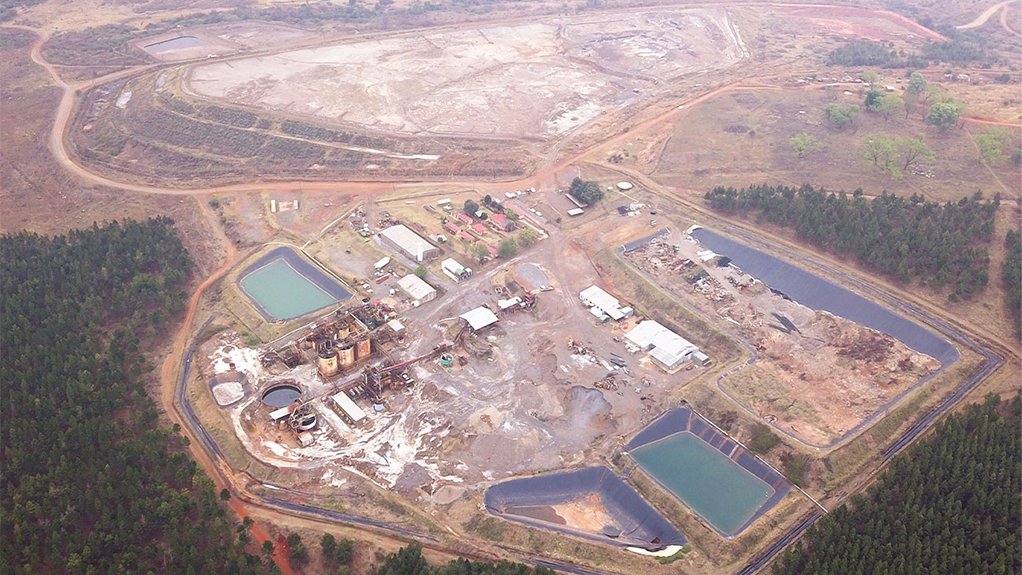Precious Metals

How gold tarnished Tigray

A joint investigation by The Globe and Mail and the Bureau of Investigative Journalism has uncovered that the Tigray region of Ethiopia, emerging from a devastating civil war, has become a "Wild West" of illegal and environmentally destructive gold mining. At the heart of this illicit industry are sites officially licensed to East Africa Metals (EAM), a Canadian publicly traded company. Despite EAM's public statements that its mines are not yet operational, the investigation found that for over a year, the Mato Bula and Da Tambuk sites have been hubs of illegal extraction, using heavy machinery and toxic chemicals, enabled by local military commanders who control and profit from the operations.
The explosion of illegal mining is driven by record-high global gold prices and has transformed into a multibillion-dollar industry, as indicated by Ethiopian national bank records. This lucrative trade has empowered armed actors, stoked deadly violence, and risks fuelling further conflict in the region, similar to the role of resources in Sudan's war. The investigation, based on satellite imagery, leaked documents, and dozens of on-the-ground sources, reveals that the expansion of these sites has been financed by unknown foreign investors and involves Chinese miners, with machinery appearing at the sites throughout 2024.
EAM's operations are deeply intertwined with Chinese partners, primarily a company called Tibet Huayu. The corporate structure links back to a key figure, Jingbin Wang, who is the chairman of EAM's board and holds significant roles in Chinese mining companies and government agencies related to critical minerals. While EAM categorically denies any involvement in or financing of illegal activities, the investigation suggests that its Chinese business partners have been directly involved in the unauthorized mining at the licensed sites, raising complex questions about oversight and responsibility.
The human and environmental cost of this illegal gold rush is severe. Artisanal miners, many displaced and impoverished by the war, work in dangerous conditions for little pay, using highly toxic mercury and cyanide without safety protections. This has led to widespread environmental contamination, with local communities reporting poisoned water supplies, crop and animal deaths, and severe health issues, including skin conditions and the deaths of children. The political fight to control these valuable resources has also led to intimidation, assaults, and deaths among journalists, whistle-blowers, and protestors.
In conclusion, the illicit gold mining economy in Tigray, facilitated by a network of international companies, local military, and foreign capital, is profiting a powerful few at the expense of the region's stability, environment, and people. Despite recent attempts by Tigray's new interim president to seize control of mining assets, the root problems persist. As one ex-soldier noted, those in power—Tigrayan commanders, federal officers, and foreigners—"make the chaos and then they profit from the chaos," leaving the people of Tigray to suffer the consequences.




